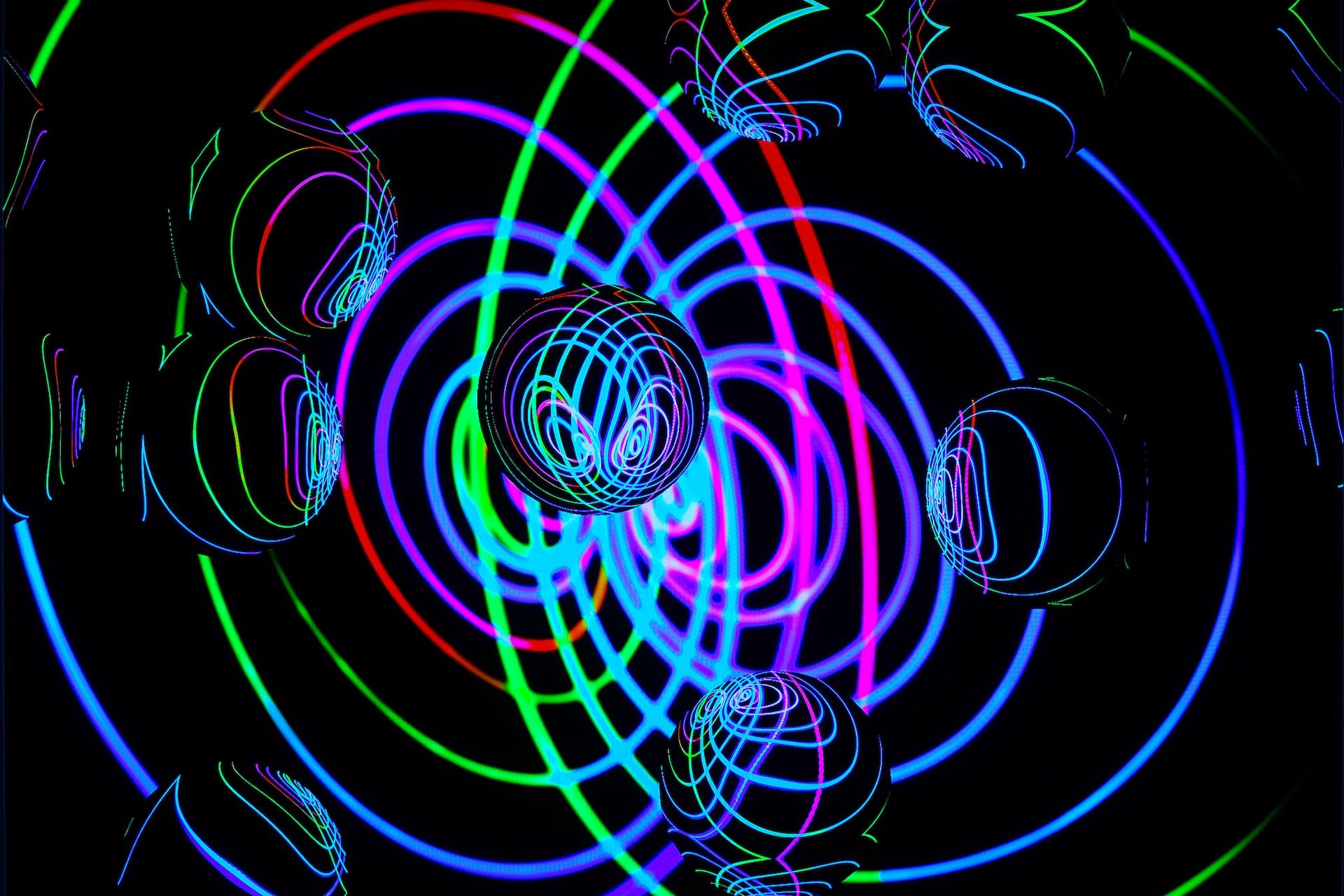
Physics in Motion, Khan Academy and More: Videos for Learning Physics
May 9, 2023 - Ellie Gabel
Revolutionized is reader-supported. When you buy through links on our site, we may earn an affiliate commission. Learn more here.
For students and teachers alike, there are countless digital resources to help people master the basics — and intricacies — of physics. Since many people learn best by watching demonstrations, here are X of the best video series and online resources to tackle this complicated subject, including Physics in Motion, The Great Courses and more.
Videos That Teach Physics
From online classes to YouTube videos, learning physics has never been easier.
1. Crash Course Physics
Featuring 47 lessons around 10 minutes long each, this free, online YouTube series is sponsored by PBS Digital Studios. Animated lessons guide middle-school to college-aged students through everything from Newton’s laws to quantum mechanics. The Crash Course channel also offers videos on related subjects like chemistry and astronomy, giving students a well-rounded knowledge of physics as it relates to several fields.
2. Bill Nye the Science Guy
A classic for a reason, this educational TV show from the 90s explains countless scientific topics. Episodes such as “Momentum,” “Motion,” “Gravity” and “Simple Machines” delve into physics at a level elementary students can understand.
Bill Nye the Science Guy is a great introduction to physics for younger children, but can also serve as a refresher for older students who want visual explanations. Beloved host Bill Nye brings a sense of excitement and energy to each topic.
3. The Great Courses
The Great Courses offers several video-based physics classes for high school and college students, including Physics in Your Life, The Evidence for Modern Physics and Physics and Our Universe: How It All Works.
The classes cost about the same as college courses, with 60 online Physics and Our Universe lectures priced at $529.95. However, the textbook is included in the cost, and — unlike in a college course — users can rewind or skip lectures as they please. The Great Courses also offers several closely related classes that complement the study of physics, such as math and astronomy.
4. “Gravity Visualized”
This single YouTube video has racked up hundreds of millions of views thanks to its outstanding demonstration of gravitational forces.
In just under ten minutes, high school professor Dan Burns uses a sheet of lycra, some weights and a few balls to explain spacetime, planetary orbitals, mass and Newton’s law of universal gravitation. The video serves as a perfect jumping-off point for high school and college students to learn about physics, especially as the subject pertains to astronomy.
5. Physics in Motion
From Georgia Public Broadcasting, Physics in Motion is a TV series designed to teach high school students the basics of physics. The show is comprised of seven units — or seasons — with each one broken into separate segments.
Physics in Motion follows a standardized curriculum and includes practice problems, lab activities, vocabulary terms, note-taking sheets and teacher toolkits. Students can watch Physics in Motion for free on the Georgia Public Broadcasting site.
6. Khan Academy
This non–profit organization offers thousands of free online lessons in the form of videos. It’s incredibly popular — 25% of online education students in the U.S. use Khan Academy, making it one of the most well-known resources for remote learning.
Khan Academy’s physics library has 20 total units, with each unit broken down into several videos. There are videos for learning both high school and college physics. Khan Academy teaches subjects including two-dimensional motion, work and energy, centripetal force, torque and more. The module also includes a review for preparing for the high school AP Physics 1 exam. Students can watch the videos at their own pace and in any order they choose.
7. Rice University Open Courses
Rice University offers numerous online courses anyone can take. On Coursera, a hub for online classes, Rice offers Introduction to Mechanics Specialization and Physics 101 — Forces and Kinematics.
These intermediate college courses teach students the nature of forces and how they influence motion, how to use energy and momentum to solve problems and how to apply mathematical laws to motion. They come with several quizzes and assessments to test students’ knowledge. Students should have a solid understanding of algebra, geometry and trigonometry for the mechanics class, and knowledge of algebra and trigonometry for Physics 101.
8. Yale University Open Courses
Yale University offers several free, online courses on a range of topics. College-aged students can take Fundamentals of Physics I and Fundamentals of Physics II to learn Newtonian mechanics, gravitation, waves, thermodynamics, magnetism, optics and more.
The recorded lectures are best for students who already have a basic grasp of physics and math. The class comes with downloadable PDF worksheets and a final exam at the end. Students can work through the courses at their own pace and repeat them as necessary.
9. University of Virginia Open Courses
Hosted on Coursera, How Things Work: An Introduction to Physics is a free online course from the University of Virginia. Designed for high school and college students, this beginner’s college course takes around 14 hours to complete. It also allows students to receive a certificate at the end, although they have to pay for this feature. Lessons are recorded and students can take the course at their own pace.
10. SciShow Kids
This YouTube channel has numerous science videos geared toward Kindergarten to fifth-grade students. Their bite-sized physics lessons include “Swings, Slides, and Science,” “How Does My Bike Stay Up?” and “Slipping, Sliding Science!”
The videos feature animations, live action and photos to explain simple physics concepts to kids. Host Jessi Knudsen Castañeda brings an infectious passion and enthusiasm to each topic, serving as a positive role model for girls with a budding interest in the natural world.
Given that women tend to underestimate their knowledge of science — with only 58% of women in Northern Europe claiming to know some science, compared to 75% of men — having female role models in science videos is crucial.
Learning Physics Online
Physics is a notoriously tricky subject for many students, but luckily, there are countless online resources for learning it. These online videos are perfect for students of all ages, and they can also help teachers who need a quick refresher before teaching a physics lesson.
Revolutionized is reader-supported. When you buy through links on our site, we may earn an affiliate commission. Learn more here.
Author
Ellie Gabel
Ellie Gabel is a science writer specializing in astronomy and environmental science and is the Associate Editor of Revolutionized. Ellie's love of science stems from reading Richard Dawkins books and her favorite science magazines as a child, where she fell in love with the experiments included in each edition.







